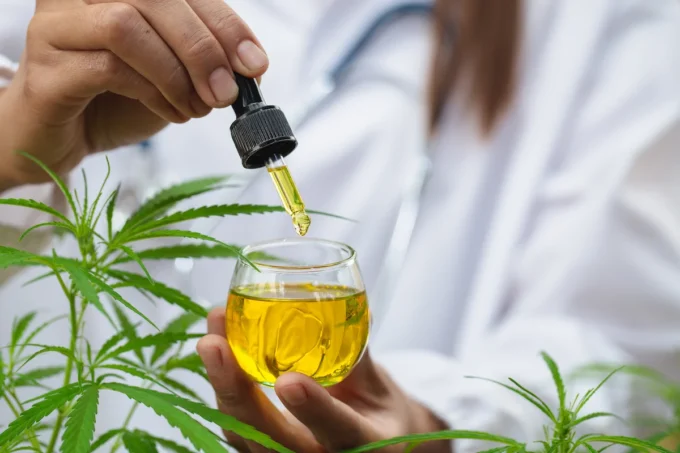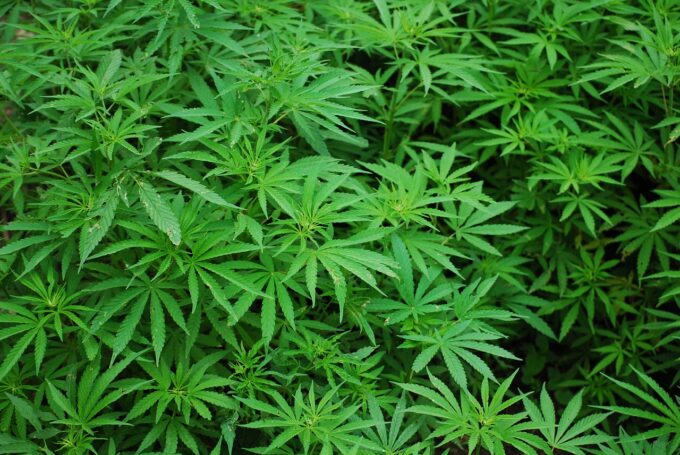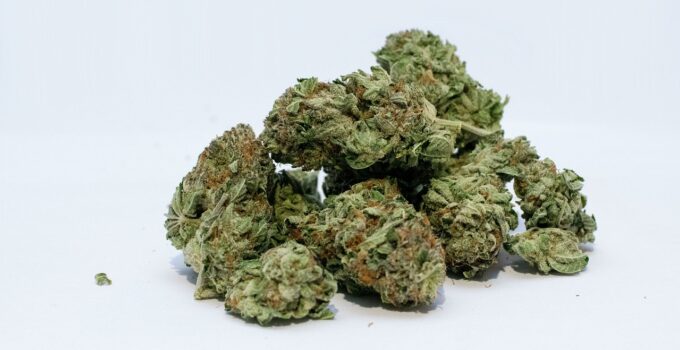Delta 9 THC is a substance derived from the Cannabis Sativa plant. Cannabis, also well-known as marijuana, is a plant that has been used for medicinal and recreational purposes for centuries. This article will discuss the different methods used to extract Delta 9 THC from the plant, according to TREHouse.
3 Extraction Practices Of Delta 9 THC
1. The first extraction method uses Butane Hash Oil (BHO).

Source: americanspa.com
The first and most popular method of extracting THC from the cannabis plant is Butane Hash Oil or BHO. The process begins with fresh, trimmed cannabis buds placed into a stainless steel container called a “closed-loop extractor.” Butane is then introduced into the extractor and allowed to circulate for some time. This process strips the THC-rich resinous material from the plant matter, leaving behind a highly concentrated oil. The butane is then evaporated, leaving behind a golden, translucent oil that one can use in various ways. BHO is typically smoked or vaporized but can also be used to make edibles and topical products. While it is possible to extract THC at home using BHO, it is hazardous and should only be attempted by experienced professionals.
2. The second method of extraction is using Ethanol.

Source: sasmabv.com
The second most popular method of extraction for Delta 9 THC is Ethanol. Ethanol is a solvent that one can use to extract cannabinoids from plant material. It is a clear, colorless liquid that is miscible with water. The fermentation of sugar cane produces Ethanol, which is also a byproduct of the petroleum industry. The advantage of using Ethanol for extraction is that it is relatively safe and non-toxic. Ethanol is also a very effective solvent and can be easily removed from the final product. The disadvantage of using Ethanol for extraction is that it can damage the quality of the cannabinoids, and it can also be difficult to remove entirely from the final product. For these reasons, many manufacturers prefer to use other methods of extraction.
3. The third and final extraction method is Supercritical CO2 Fluid Extraction.

Source: pixabay.com
Supercritical CO2 fluid extraction is the third and final extraction method of Delta 9 THC. This method uses supercritical carbon dioxide, a fluid state of carbon dioxide that can act like a gas or a liquid, depending on the temperature and pressure. The supercritical CO2 is passed through the plant matter, and the Delta 9 THC is extracted. This method is the most expensive and requires special equipment, but it is also the most efficient method with the slightest contamination. Supercritical CO2 fluid extraction can extract 99% of the THC from the plant matter while leaving only 1% of other unwanted materials. It makes it the purest form of extraction and the best possible product for consuming THC.
How To Ensure The Extraction Method Of Your Delta 9 THC Is High-Quality?
Quality control is essential to ensure that Delta 9 THC products are safe and effective. Without it, there would be no way to guarantee that these products meet legal requirements or are fit for human consumption. Quality control is essential in ensuring public safety and protecting consumers from potentially harmful products.
The first step in quality control is to test the cannabis plant material for potency. It ensures that the final product will contain the correct amount of THC. The plant material is then processed to extract the Delta 9 THC. After extraction, you must purify the THC to remove impurities. Finally, the THC is tested again to confirm its potency and purity. A product can be sold commercially only when it meets all of these quality standards.
The cannabis extraction process is critical in manufacturing high-quality Delta 9 THC products. One can use various methods to extract the active ingredient from cannabis plants, but not all methods are created equal. Supercritical fluid extraction (SFE) is widely considered to be the gold standard for cannabis extractions. SFE uses carbon dioxide (CO2) as the extraction solvent, which can be performed at relatively low temperatures. It ensures that the resulting Delta 9 THC extract is pure and potent. In addition, SFE is a relatively safe and environmentally friendly extraction method. If you’re looking for the highest-quality THC extract, ask your manufacturer if they use SFE.
How Does The Use Of Solvents Can Affect The Quality Of Delta 9 THC?

Source: unsplash.com
There are a variety of ways to extract Delta 9 THC from cannabis plants, but the use of solvents is by far the most common. This method involves using a solvent (usually butane or propane) to strip the cannabinoids from the plant material. The resulting solution is then evaporated, leaving behind a concentrated extract. While this method is relatively straightforward, it can impact the final product’s quality. In particular, using solvents can result in the loss of some of the plant’s aromatic compounds, which can affect the taste and smell of the THC. Additionally, solvents can also be harmful to human health, so it is essential to choose a reputable source when buying Delta 9 THC extracts. While solvents have some drawbacks, they remain the most popular method for extracting THC due to their efficiency and low cost.
Things To Keep In Mind While Extracting Delta 9 THC
When extracting Delta 9 THC from cannabis, it is vital to use a solvent that will dissolve the cannabinoid molecules. Ethanol and butane are the most standard solvents used in cannabis extractions. However, Ethanol is often preferred because it is less volatile than butane and does not produce as much smoke.
Another critical factor to consider when extracting Delta 9 THC is temperature. The optimal extraction temperature depends on the type of solvent used. Butane extractions should be performed at room temperature, while ethanol extractions should be between 80 and 100 degrees Celsius.
Finally, always use caution when working with solvents and heating elements. Always consult with an expert before attempting any extraction procedures yourself.







